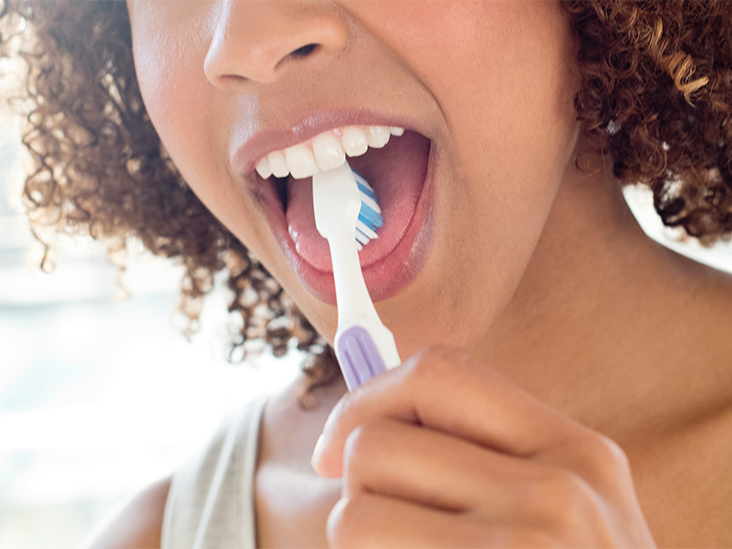YOU’VE PROBABLY HEARD the expression “long in the tooth.” It conjures up the image of gum recession as a synonym for growing old, and yet gum recession isn’t always connected to age. This oral health problem is when the gingival tissue shrinks away from the crown of the tooth, slowly exposing more of the root. The extremely gradual nature of gum recession is why we tend to associate it with age, but it can start as early as childhood for a number of reasons.
Genetics and the Risk of Gum Recession
One risk factor for gum recession that we can’t do anything about is genetics. Some people are unlucky enough to have more fragile gum tissue or less jaw bone to support the gums all the way up to the crowns of their teeth. The good news is that other factors that contribute to gum disease are easier to control, so even those with a genetic predisposition can still minimize it.
Bruxism Is Bad for the Gums Too!
A chronic teeth-grinding habit, or bruxism, leads to a wide variety of oral health problems, including an increased risk of gum recession. The constant harsh friction of the teeth puts a lot of pressure on the gums and can damage them over time. Bruxism can be a very difficult habit to break, especially sleep bruxism. If grinding is something you struggle with, talk to the dentist! You have great allies in this fight.
The Damage of Overbrushing
A major contributor to gum recession can actually be brushing too much or too hard, leading to enamel erosion and wearing away of the gum tissue. This is why it’s so important to use a soft-bristled toothbrush.
Another important thing to remember is that cleaning your teeth doesn’t require the same elbow grease that goes into scrubbing tile grout. If you’re brushing hard enough to make your toothbrush bristles bend outward in a matter of months, you should definitely ease up. The same goes for flossing: daily flossing is essential, but be gentle. Use a C-shape and work your way down instead of snapping the floss directly onto your gums.
Gum Disease Makes the Gum Tissue Vulnerable
The more advanced gum disease becomes, the more it destroys the supporting gum tissue and bone around teeth, which is why it’s ultimately the main cause of gum recession. The best way to maintain good gum health is by being diligent in keeping up with dental hygiene habits.
Brush (gently) twice a day, floss daily and make regular dental appointments a priority. The professional cleaning you get from the hygienist is essential because brushing and flossing alone can’t remove plaque that has hardened into tartar. Plaque and tartar both cause irritation to the gums the longer they remain.
Gum Recession Can Happen to Kids?
The causes of gum recession in adults also apply to kids, which is why it’s important to help them with proper brushing and flossing (especially avoiding overbrushing) and pay attention to whether they have a grinding habit. Childhood gum recession could also happen as the result of an injury to the mouth. The best treatment is prevention through building and maintaining good oral health habits.
Take Care of Your Gums!
If you want to learn more about how to prevent gum recession or you’re worried that your gums may begin to recede (remember that the process can be extremely slow, so it can creep up on you), schedule a dental appointment! The dentist can help you look after your gum health and discuss treatment options if they’re necessary.
We’re rooting for our patients’ healthy gums!
The content on this blog is not intended to be a substitute for professional medical advice, diagnosis, or treatment. Always seek the advice of qualified health providers with questions you may have regarding medical conditions.


